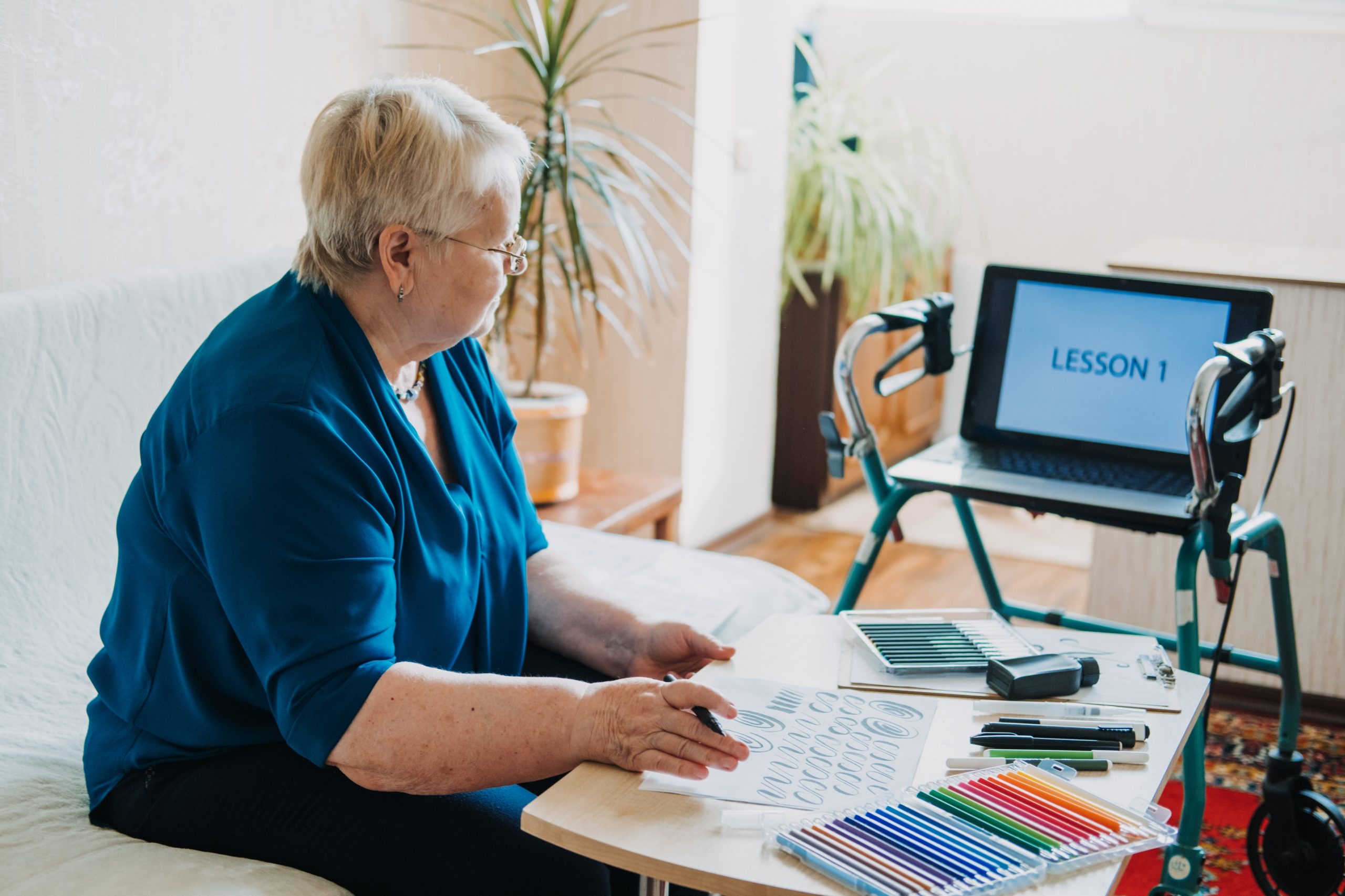As we age, limited mobility can become a common challenge. Whether due to arthritis, muscle weakness, or chronic health conditions, reduced mobility doesn’t have to mean reduced independence. By taking proactive steps and following a few practical safety measures, seniors with limited mobility can continue to enjoy their day-to-day lives safely and confidently. Here are some essential safety tips to consider.
1. Create a Safe Living Environment
Your home should be a safe space, especially if you have limited mobility. A few simple modifications can significantly reduce the risk of falls and accidents.
- Remove tripping hazards: Clear clutter from hallways, and make sure cords, rugs, and loose objects are out of pathways.
- Use non-slip mats: In bathrooms and kitchens, where floors can get wet, place non-slip mats to prevent slips.
- Improve lighting: Ensure every room, hallway, and stairway is well-lit to avoid missteps. Nightlights can also be helpful in bedrooms and bathrooms for nighttime safety.
Tip: Consider a professional home assessment to identify potential hazards and suggest modifications, like grab bars in bathrooms or railings along stairs.
2. Install Assistive Devices
Assistive devices can make life easier and safer for seniors with limited mobility. They not only reduce the risk of falls but also enhance independence.
- Grab bars and handrails: Install these in bathrooms, near stairs, and along hallways to provide extra support.
- Raised toilet seats and shower chairs: These can make getting on and off the toilet or taking a shower much safer and easier.
- Mobility aids: Depending on your needs, consider using a cane, walker, or wheelchair. Ensure that the mobility aid is properly adjusted to your height and provides adequate support.
Tip: Work with a healthcare provider or physical therapist to determine which devices will work best for your mobility challenges.
3. Use a Medical Alert System
For seniors living alone or those at high risk for falls, a medical alert system can be a lifesaver. These wearable devices can summon help at the push of a button, ensuring quick assistance in case of an emergency.
- Consider fall detection: Some medical alert systems come with automatic fall detection, which can sense a fall and alert emergency services even if you’re unable to press the button.
- Keep the device accessible: Wear the alert device as a necklace or bracelet, so it’s always within easy reach, especially if you move between rooms frequently.
Tip: Choose a device with a long battery life and reliable range, particularly if you have a large home or outdoor space.
4. Stay Physically Active
Limited mobility doesn’t mean giving up on physical activity. In fact, staying active is essential for maintaining strength, flexibility, and balance, which are crucial for reducing the risk of falls and injuries.
- Exercise safely: Gentle exercises, like seated stretches or chair yoga, can improve circulation, joint health, and balance. Water aerobics is another great option, as the water reduces strain on joints while providing resistance for strength-building.
- Work with a physical therapist: A professional can design a customized exercise plan that matches your abilities and goals, ensuring you’re building strength safely.
Tip: Incorporate balance exercises, like standing on one foot or walking heel to toe, into your routine to improve stability and prevent falls.
5. Keep a Phone or Emergency Contact Nearby
Always have a phone or another form of communication close by in case you need help quickly. Many falls and accidents happen in high-risk areas like the bathroom or kitchen, so it’s especially important to have access to assistance in these spaces.
- Use a wearable communication device: Consider wearing a smartwatch or a pendant with emergency communication features to ensure help is always just a call away.
- Program emergency numbers: Keep emergency contacts like family members, neighbors, or caregivers saved on speed dial for quick access.
Tip: Let friends and family know when you plan to do something that might be risky, such as showering or going out alone, so they can check in if needed.
